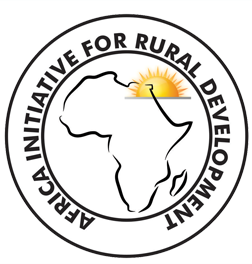Economic Empowerment
AIRD embraces a comprehensive and integrative approach to promoting entrepreneurship development and has adopted a two-fold approach that involves training and business development support services (BDSS).
- The entrepreneurship training addresses unemployment and poverty by supporting the creation and expansion of business enterprises. The training seeks to change the thinking of young women and men from being job seekers to job creators, besides also stimulating innovation and creative and nurturing the same to real businesses. With idleness and hopelessenes addressed, benefiting youth become more focused, engaged and less vulnerable to missuse by politcians, peaceful citizens and also desist from engaging in crime.
- The BDSS is designed to equip the entrepreneurs with skills in management and leadership, integration of ICT platforms in business, product value addition, value chain development, quality assurance and market linkages.

